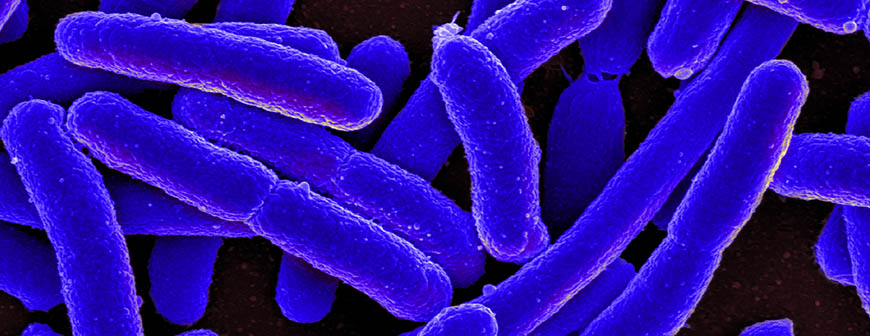
 Dr. Pushkar Lele, assistant professor in the Artie McFerrin Department of Chemical Engineering at Texas A&M University, was recently awarded a single-PI, research project grant (R01) from the National Institutes of Health (NIH). The R01 grant is one of the most sought after federal grants, and the leading NIH grant.
Dr. Pushkar Lele, assistant professor in the Artie McFerrin Department of Chemical Engineering at Texas A&M University, was recently awarded a single-PI, research project grant (R01) from the National Institutes of Health (NIH). The R01 grant is one of the most sought after federal grants, and the leading NIH grant.
The grant, “Mechanical Regulation of Ultra-Sensitivity in E. Coli Flagellar Motors,” will allow Lele to expand upon his research on the sensing and intracellular transduction of mechanical signals in bacteria with the aid of extracellular appendages. One such appendage is the flagellum, which enables a bacterium to swim and navigate in response to chemical signals, a process that is known as chemotaxis. Lele and his research team have already shown that the flagellar motor, which operates the flagellum, is able to detect mechanical cues and undergoes structural changes. It is unclear how the structural and functional adaptations within motors facilitate chemotaxis, colonization and infections. With this grant, Lele and his team will explain how mechano-responses influence chemotaxis and swarming motility, two processes that likely aid in the detection and colonization of a solid surface.
“All living systems have highly sophisticated mechanisms that serve to amplify important environmental signals and to suppress noise,” Lele said. “It takes a lot of resources for a bacterium to colonize a surface, so it has to have some certainty about the signal. Otherwise it will have wasted a tremendous amount of energy.”
Specifically, Lele is interested in how the output of the chemotaxis network, a molecular switch, responds to mechanical cues. For decades it was believed that chemical inputs alone controlled the switch activity. However, Lele and his research team found that the cell must ‘tune’ its chemotactic output to mechanical signals in order to colonize a surface. That said, the mechanisms of such adaptation remain unclear. This is a crucial bit of missing information that Lele believes could help influence current clinical strategies for tackling infections and antibiotic resistance. Such potential breakthroughs may prove instrumental in the prevention of bacterial infections without triggering the pathogen’s defense mechanisms.
Lele’s receiving the grant is unique, R01 investigators under the age of 36 as a group make up around three percent of the award total, down from 18 percent in 1983, a decline that is even more pronounced when considering that the overall NIH funding for such investigators is 1.3 percent. Lele falls in a rare category of young investigators under the age of 35 to receive this award.
Lele is currently looking to hire postdoctoral researchers with experience with LabVIEW software.